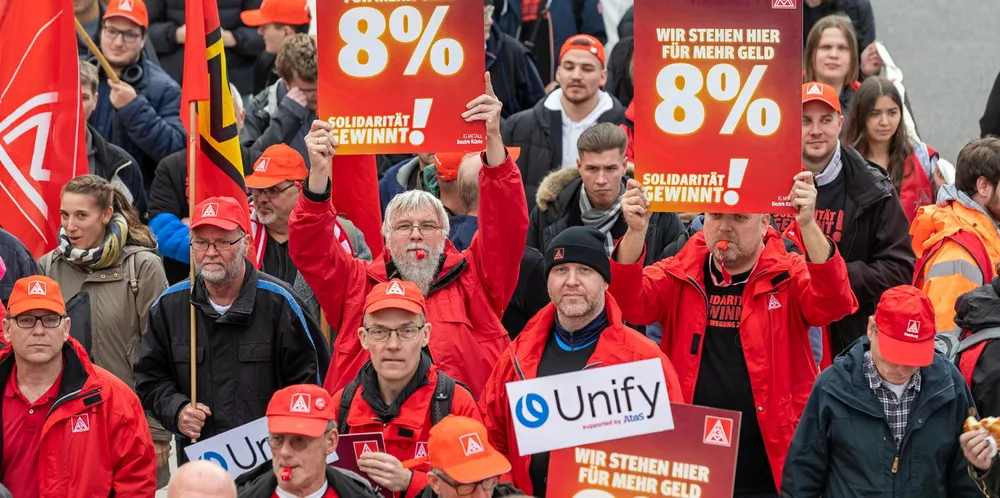'Vast majority' of German workers didn't heed strike call: wind giant Vestas
Turbine manufacturer says it regrets union call for five-day stoppage 'in times of energy crisis and insecurity'

Most of the company’s about 1,700 employees in the country work in the service business, and it is unclear how unionised they are.
“The aftermath of the pandemic, Russia’s war in the Ukraine, and other external factors which we cannot influence hit Vestas and the wind industry overall hard.
“Despite all of this, Vestas has worked relentlessly to support our employees in the best possible way. Amongst other measures, we brought forward a proposal to the works council to significantly increase the salaries of our service technicians.”
But the works council decided not to sign the proposed agreement after being influenced by IG Metall, Vestas lamented.
Vestas according to German media reports has refused to negotiate with the union directly, and only talks to the works council of the company.
Not accepting the bargaining power of unions means companies are not bound to collective agreements and can negotiate individual deals for their company that aren’t always as advantageous for workers. The IG Metall demands an 8% salary hike for all workers in the wider metals sector to compensate for inflation, which currently runs at above 10% in Germany.
Vestas claims the dialogue with the works council is “active and ongoing.”